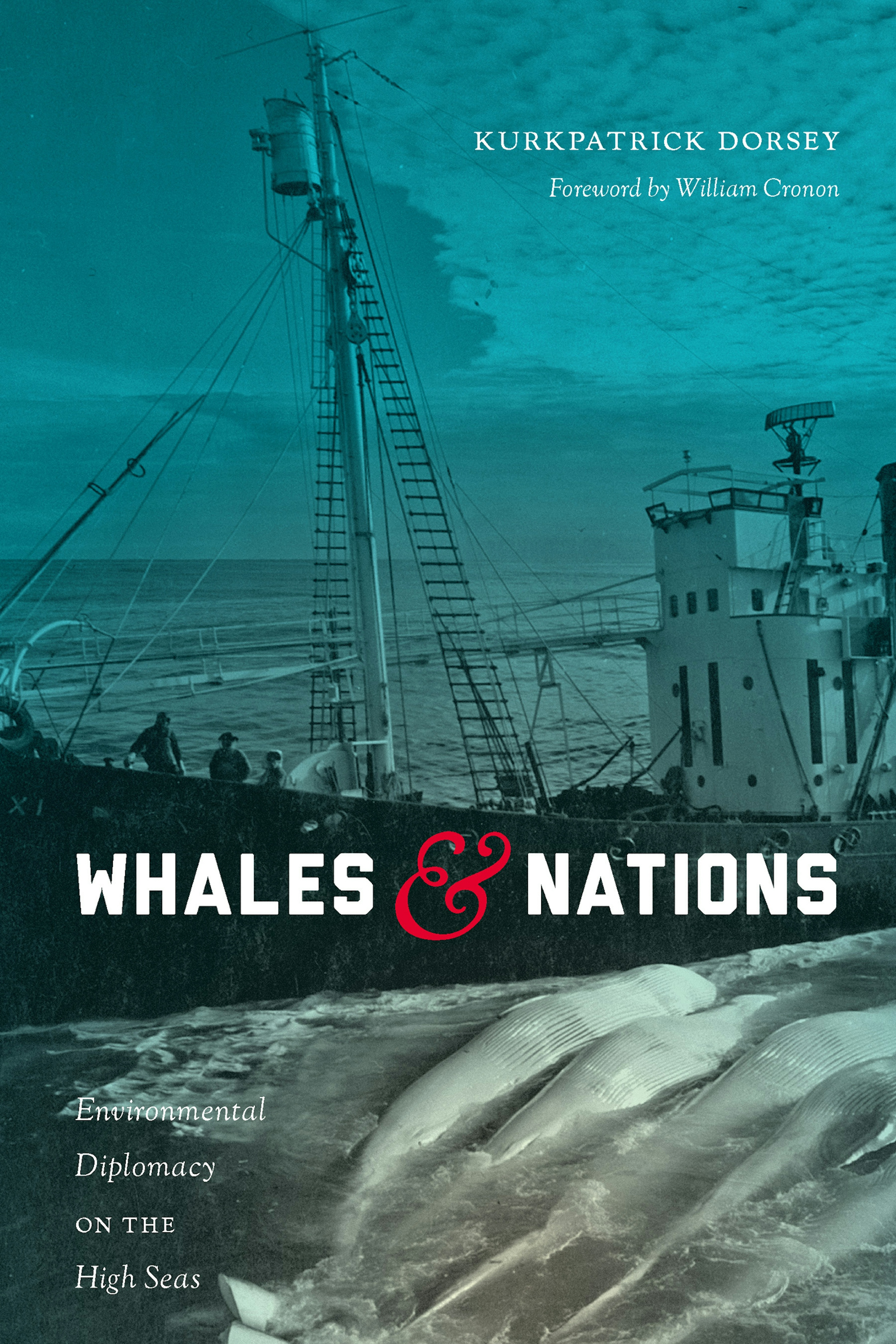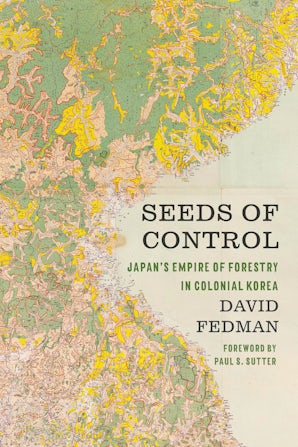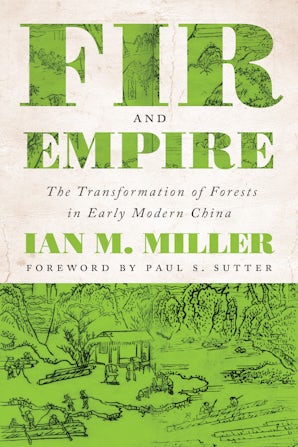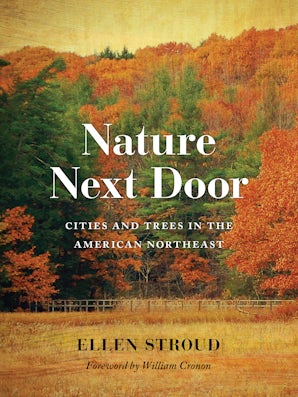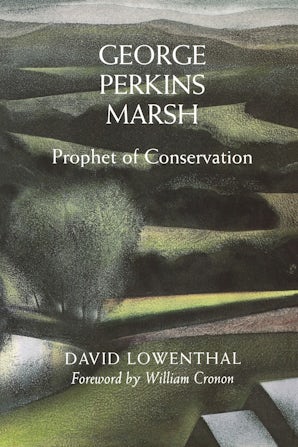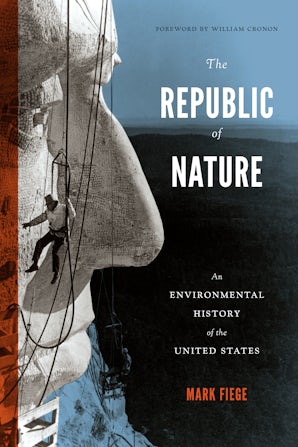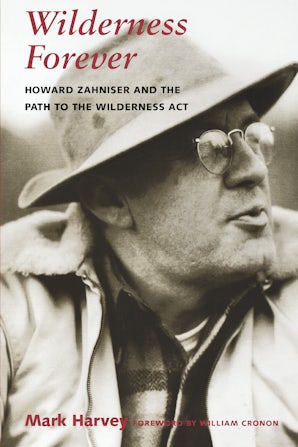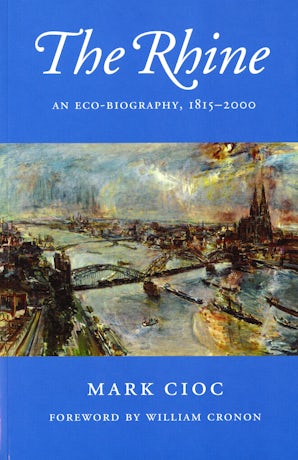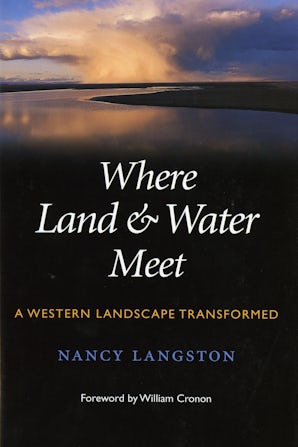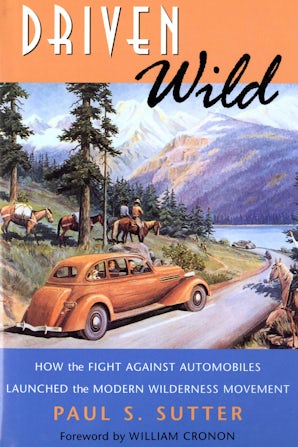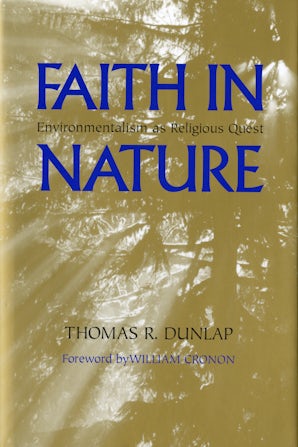"Written with elegant prose and a wry wit, the book illuminates the many twists and turns of global whaling regulation. . . This title is an excellent resource for those desiring detailed insight."
-
Choice
"This interesting and well researched [book] . . . sheds new light on how the International Whaling Commission developed, and on how it struggled."
-
Bjorn Basberg, International Journal of Maritime History
"I am delighted that a book like Whales and Nations exists and that Kurkpatrick Dorsey has written it. He offers us a detailed history of the regulation of whaling from the pre–World War I era up to the present. . . . He is certainly one of the best writers of diplomatic history around."
-
Karen Oslund, Environmental History
"Dorsey negotiates a daunting set of complex political, scientific, social, and cultural relationships with enough detail to sustain his points yet still have the narrative move along without too many distractions. . . . Sets a new standard for environmental historians by looking at the diplomatic interactions that tried—and failed—to conserve whale populations."
-
Carmel Finley, Journal of American History
"Dorsey’s prose is careful and meticulous, and facilitates a nuanced understanding of whaling politics . . . effectively narrat[ing] the history and background of whale diplomacy in a way that should appeal to environmental historians, environmental policy researchers, diplomacy scholars, students, and even active diplomats and policymakers who are concerned with the health of the ocean and global environmental problems."
-
Chie Sakakibara, Journal of Historical Geography
"Whales and Nations is a dazzling accomplishment."
-
Miles A. Powell, Environment and History
"The geographic scale of the cooperation required to ‘save the whales’ can be hard to fathom. Kurkpatrick Dorsey understands it experientially through his exhaustive archival work; his book gives its reader the opportunity to experience it, too. . . . Whales and Nations lays the foundation of international whaling and whale conservation at its proper historical and geographic scale."
-
Russell Fielding, AAG Review of Books
